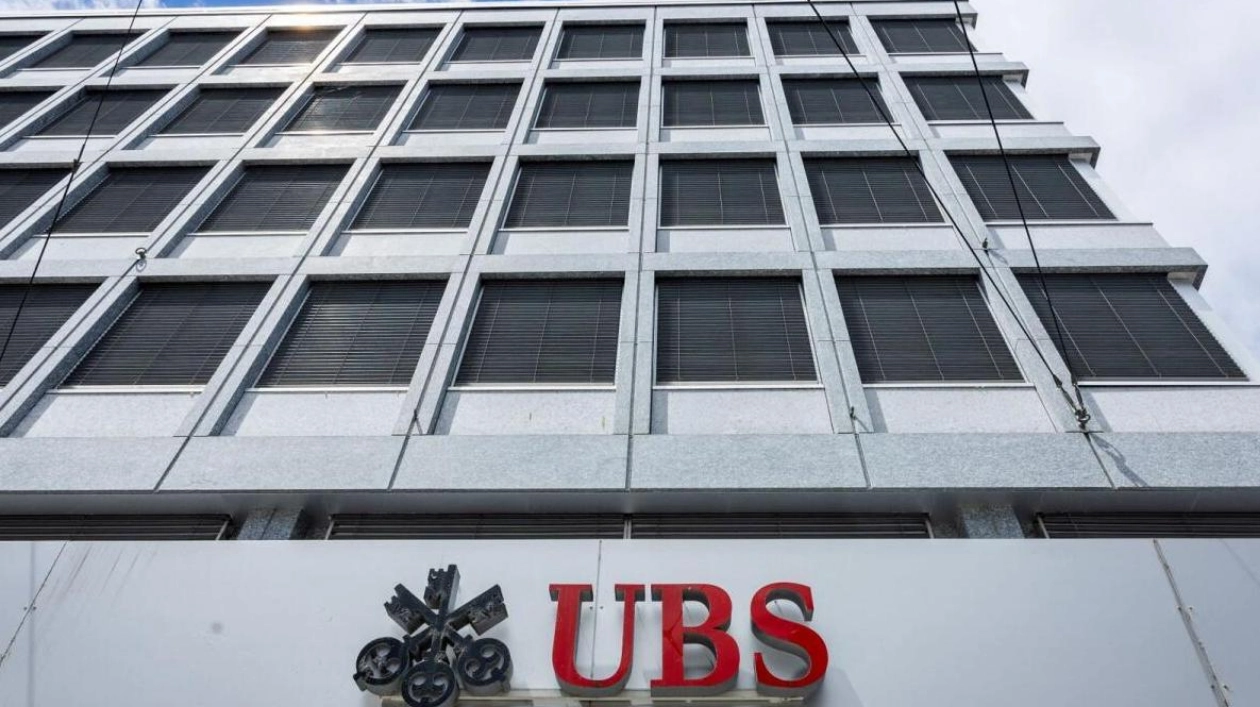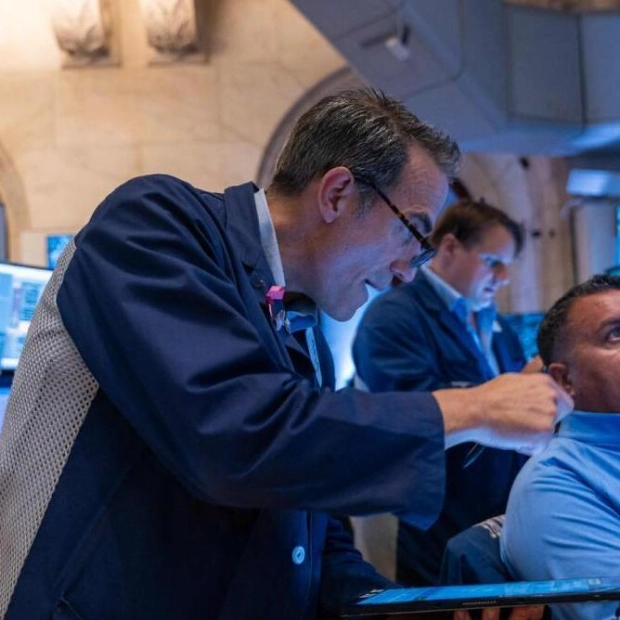Swiss bank UBS reported a quarterly profit that was twice the market forecast on Wednesday, driven by investment banking and greater-than-anticipated savings from the integration of its former rival Credit Suisse. The net profit of $1.1 billion for the April-June period exceeded the $528 million forecast in a company-provided poll, marking UBS’s first results since it officially merged with Credit Suisse in May. UBS shares climbed 3.6 percent by 1149 GMT, outperforming the European banking sector.
Performance across divisions was mixed. Investment banking revenues soared, mirroring trends seen at peers, and the non-core and legacy unit also showed robust results, according to analysts. Switzerland’s largest bank noted that savings from the Credit Suisse integration were materializing quicker than expected, although Deutsche Bank analysts pointed out that figures from UBS’s Global Wealth Management and Personal and Corporate Banking divisions fell short of expectations, somewhat dampening the overall results.
In a statement, UBS CEO Sergio Ermotti highlighted that the first-half results demonstrated “significant progress” since acquiring Credit Suisse, positioning the bank well to achieve its targets and restore profitability to pre-acquisition levels. “We are now entering the next phase of our integration, which is crucial for realizing further significant cost, capital, funding, and tax benefits,” Ermotti stated. UBS announced an additional $0.9 billion in gross cost savings, achieving approximately 45 percent of its cumulative annualized target. The bank aims to reach $13 billion in savings by the end of 2026 and now anticipates achieving $7 billion of that goal this year, up from a previous estimate of about $6.5 billion.
UBS has reduced non-core and legacy risk-weighted assets by 42 percent since the second quarter of last year, including an $8 billion decrease quarter-on-quarter. Meanwhile, net new asset inflows reached $27 billion, despite UBS executives warning of a clouded outlook due to geopolitical tensions, the U.S. election race, and market volatility. UBS rescued its long-time competitor in March 2023, a move orchestrated by Swiss authorities following Credit Suisse’s collapse amid a series of setbacks and scandals.
“The market environment is quite volatile, and there are elements of fragility that we observe,” Ermotti told analysts. The bank anticipates incurring around $1.1 billion of integration-related expenses in the third quarter, with a modest sequential decline in gross cost savings. These expenses are expected to be partially offset by approximately $0.6 billion in accretion from purchase accounting effects. UBS also faces moderate net interest income headwinds from shifts in Global Wealth Management and the Swiss National Bank’s second interest rate cut, which has not yet been reflected in UBS’s deposit pricing for personal and corporate banking.
UBS is considering up to two more SNB rate cuts in 2024, according to CFO Todd Tuckner. “We do not expect the calm of the first half of the year to repeat given the geopolitical outlook,” he said. UBS recorded a nearly $29 billion second-quarter profit in 2023 from a one-off gain from acquiring Credit Suisse at a price far below its value, followed by two consecutive quarters of losses due to the costs of absorbing its rival. Investors had boosted the bank’s stock price by over two-thirds since the acquisition, though UBS shares have since fallen amid recent market turbulence.
The market is also monitoring Swiss efforts to strengthen banking regulations to prevent a repeat of the Credit Suisse crisis. The Swiss government proposed several measures in April, outlining additional capital requirements for UBS. UBS has expressed “serious” concerns about this prospect. Ermotti expects more clarity on capital requirements by the end of the year and noted that the introduction of Basel III capital adequacy rules in January 2025 would be a “short-term disadvantage” for UBS. While the Basel III situation currently appears manageable, it could become more challenging if other jurisdictions do not fully adopt the rules within the next year or two.
If UBS successfully integrates Credit Suisse without significant issues, many analysts remain optimistic about its future. “Longer-term structurally, we view UBS as the top global wealth management player, especially in ultra-high net worth globally,” JPMorgan analysts commented.






